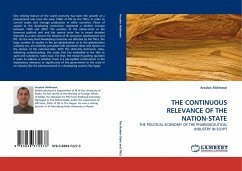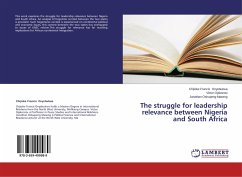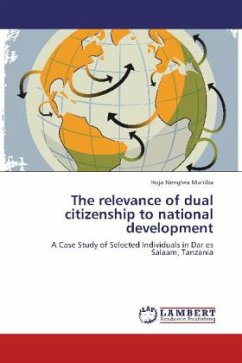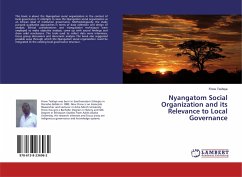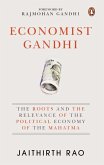One striking feature of the world economy has been the growth at a phenomenal rate since the early 1980s of FDI by the TNCs, in order to control assets and manage production in other countries. Flows of capital to the developing economies registered a tenfold increase between 1990 and 2005. The position of the nation-state as the foremost political unit and the central actor has in recent decades featured as a core concern for theories of IR, economic development and IPE. On the way Host Developing Countries are affected by the TNCs, the large number of studies in the pre-globalization as in the globalization scholarly era, are evidently pervaded with persistent ideas and reports on the demise of the national-state. With this distinctly dominant, state-withering understanding, this study that has embodied in the title its spirit and substance, takes issue. For that, the research-guiding question it seeks to address is whether there is a perceptible continuation in the explanatoryrelevance or significance of the government or the state in an industry like the pharmaceutical in a developing country like Egypt.

